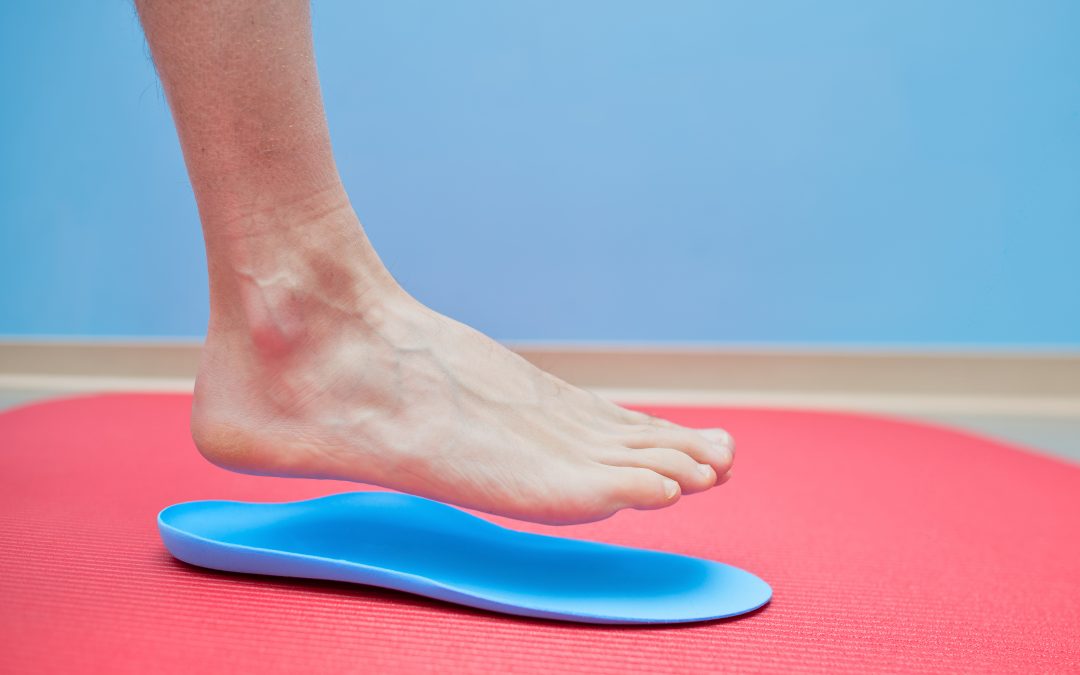If you’re suffering from foot, leg or back pain, you may need to see a medical professional but perhaps right orthotics could help manage – or maybe even fix – the pain.
Whether your pain comes for arthritis, diabetes or another condition, orthotics can be a good choice. This article looks at what orthotics are, how they can help and the right types of shoes to go with them.
Orthotics are specially made foot supports that can help with heel and arch pain, knee pain and lower back issues. General supports are available over the counter but specially made ones are designed to fit your feet more effectively.
Orthotics are more than just a heel pad or shoe insert you can buy at most athletic stores. They’re highly customized shoe or heel inserts made for your feet. They are often one part of a treatment regimen – doctors often recommend orthotics in conjunction with these treatments, such as physical therapy.
Types of Orthotics
There are orthotics available for a range of foot, leg and back complaints. Here are the main types.
- Custom orthotics – After a consultation with a doctor or podiatrist, you may go through the process of having custom orthotics made. These are rigid and designed specifically for your feet. Most of the time, they’re used in more advanced cases to help force the foot back into the correct position.
- Heat-moulded orthotics – These can be less expensive than full custom orthotics but will still suit your feet and individual complaints. These typically feel like rubber even though they’re made of plastic.
- Insoles – These are an affordable over-the-counter option that may provide some relief from less serious issues. If you have long term pain, these can work for a while but shouldn’t be seen as a long-term solution.
Orthotics for Diabetes
Diabetic shoes are engineered for maximum comfort and blood flow. If you have diabetes, you should avoid wearing certain types of shoes, including:
- Any shoe with a pointed toe that aggravate your toes and restrict circulation.
- Shoes without arch support, which may lead to the breakdown of tissue in your foot.
- Shoes with high heels
With the passing of the Therapeutic Shoe Bill, Medicare (Part B) extended coverage to diabetic patients for footwear and foot inserts such as P.W. Minor, Biomechanical and Conform Footwear and Anti-Shox Conform Orthotics. There are 54,000 diabetic amputations that occur each year but the right orthotics can help in the fight to prevent them.
Preventing foot ulceration is a key part of this and the right socks, inserts, shoes and orthotics can help. By supporting the foot in the right way, the pressure can be taken off the area most prone to ulceration. Find out more here.
Orthotics for Arthritis
The right support can help to alleviate any pain from arthritis in the joints. It’s always advisable to check with a medical professional to see what kind of support you need, however, as improper use of orthotics could make a problem worse.
Choosing Shoes for Your Orthotics
Because orthotics slide into shoes, they can be worn with almost anything but for the best results, as well as comfort, consider specially designed shoes.
If you’re looking for shoes that are Medicare approved, take a look at these brands:
- Aetrex
- Aravon
- Drew
- New Balance
- P.W. Minor
- Vionic with Orthaheel Technology
If you’re unsure about the type of shoes you need and would like to speak to a professional, Contact us today!


Recent Comments